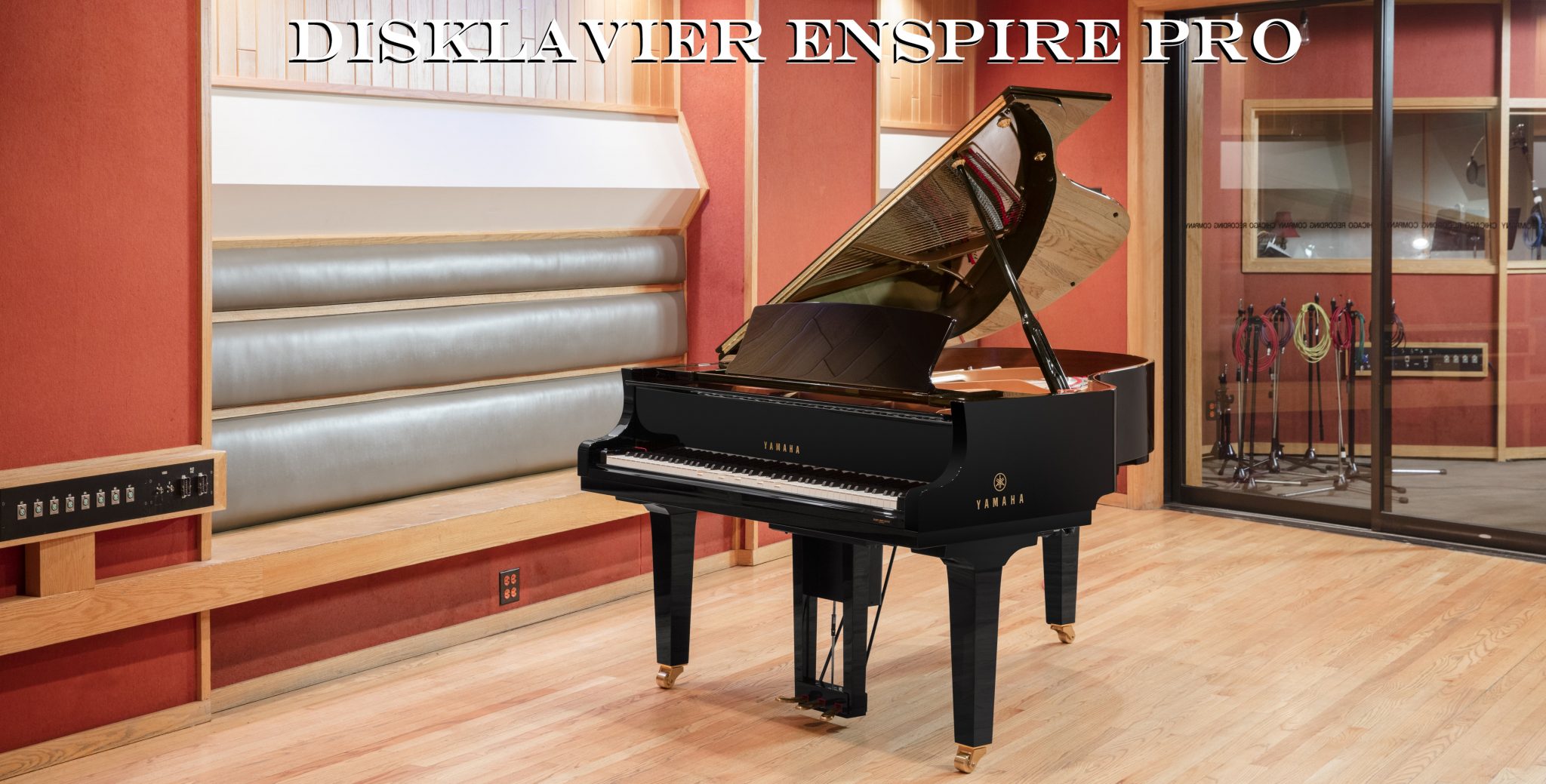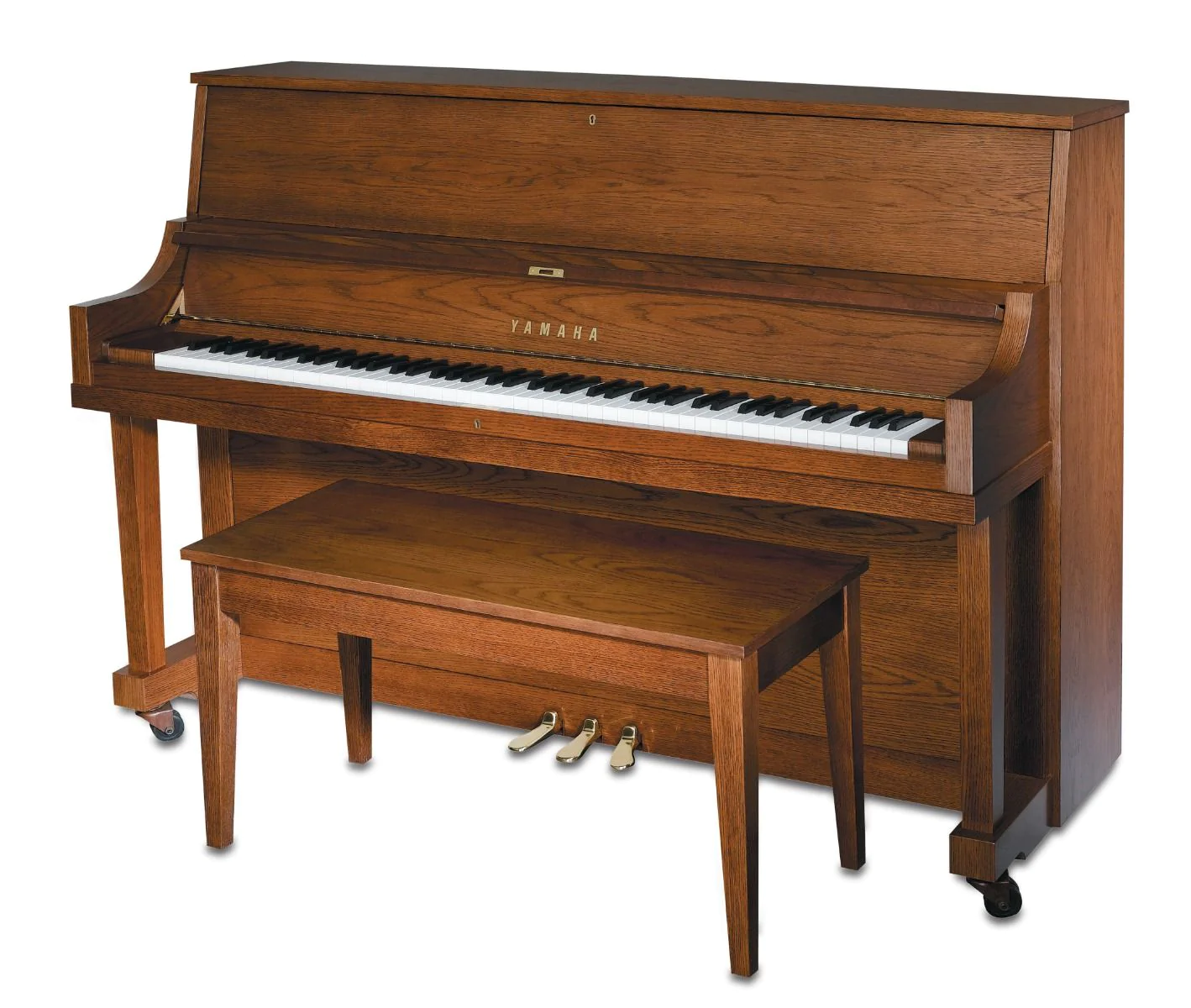Are you in the market for a new piano? With so many different brands and models to choose from, it can be overwhelming trying to find the best one for your needs. As someone who has been playing the piano for over 15 years and has tried countless brands, I understand how important it is to choose a top-quality instrument. That’s why I’ve compiled this comprehensive guide of the top ten best piano brands in the world.
In this article, we will dive into each brand’s history, reputation, sound quality, design features, and more. Whether you are a professional musician or just starting your musical journey, finding the right piano is crucial. And with this guide by your side, you’ll have all the information you need to make an informed decision.
So let’s explore together and discover which piano brand deserves a spot in your home!
So, Best Piano Brands in the World?
When it comes to choosing a piano, there are countless options available. However, not all pianos are created equal and some brands stand out above the rest. In this comprehensive guide, we will take a closer look at the top 10 best piano brands in the world.
1. Steinway & Sons
Steinway & Sons is considered by many to be the gold standard of pianos. Founded in 1853 in New York City, their handcrafted instruments have been used by renowned musicians such as Sergei Rachmaninoff and Billy Joel.
2. Yamaha
Yamaha is one of the most well-known and trusted names in the music industry. Their pianos are known for their high-quality sound and durability, making them a popular choice among both beginners and professionals.
3. Bösendorfer
Founded in Vienna, Austria in 1828, Bösendorfer is known for its luxurious grand pianos that offer rich tones and exceptional craftsmanship. They are often referred to as “the Rolls-Royce of pianos.”
4. Fazioli
Fazioli may be a newer brand compared to others on this list (founded in 1981), but they have quickly made a name for themselves with their high-end handmade grand pianos that produce clear and powerful sounds.
5.David Klavins
David Klavins takes piano design to another level with his unconventional creations like The Giant (a vertical concert grand) and The Una Corda (a single-stringed upright). These unique instruments have gained attention from musicians worldwide.
6.Kawai
Kawai has been producing quality pianos since 1927 and has become one of the largest manufacturers globally today. Their innovative designs incorporate modern technology while still maintaining traditional elements.
7.Bechstein
Bechstein has been crafting exquisite pianos since 1853 in Germany using traditional methods passed down through generations of skilled craftsmen. Their instruments are known for their warm and rich tones.
8.Schimmel
Schimmel is another German brand that has been producing pianos since 1885. They are known for their attention to detail and use of high-quality materials, resulting in pianos with a beautiful tone and touch.
9.Baldwin
Baldwin may be an American brand, but it has made its mark on the global piano industry since its founding in 1862. Their pianos are renowned for their consistency and reliability, making them a top choice among professionals.
10.Kawai Shigeru
Kawai Shigeru is the elite line of Kawai’s grand pianos, handcrafted by master technicians using only the finest materials. These instruments have earned numerous awards and accolades for their exceptional sound quality.
In conclusion, when it comes to choosing a piano from one of the best brands in the world, you can’t go wrong with any of these options. Each brand offers unique qualities that cater to different preferences and styles of playing. Whether you’re a beginner or
Exploring the Heritage and Reputation of Top Piano Brands
There’s something truly magical about pianos. They’re not just musical instruments but works of art, with a rich history and heritage that spans centuries. Many people don’t realize the sheer variety in piano brands, each boasting its unique personality and tone. Let’s delve into some top-tier piano makers whose reputation precedes them.
Steinway & Sons, founded over 160 years ago, has crafted pianos embodying unparalleled sound quality and aesthetic appeal. Every Steinway piano is a testament to meticulous craftsmanship—each piece assembled by hand for precision. They are favored by countless celebrated musicians and have played a role in myriad iconic performances.
On the other end of the spectrum is Yamaha. Known globally for their range of products from motorcycles to audio equipment, they also manufacture world-class pianos that cater both beginners or seasoned professionals alike.
Then we have Bösendorfer, an Austrian brand dating back to 1828, known for their opulent design and resonating bass tones akin to a symphony orchestra.
- Steinway & Sons: Regarded as one of the finest piano makers globally.
- Yamaha: Renowned for making high-quality yet accessible pianos.
- Bösendorfer: Prized for its ornate design elements coupled with superior acoustics.
Each company carries its own illustrious legacy – an unwavering commitment to exceptional quality embodied through exquisite detail in every key pressed, every chord struck—a blend perfectly balanced between artistry and engineering.
Imagine if these legendary instruments could speak; oh, what stories they would tell! From royal concerts held at magnificent palaces draped in velvety grandeur to intimate recitals within warmly lit suburban homes—the soulful symphony of their past continues to echo in their tunes today. They are more than just instruments; they are a testimony of human ingenuity, passion, and the timeless pursuit of beauty and harmony.
Analyzing Sound Quality Across Different Piano Brands
If you’re searching for your perfect piano, it’s not just about how shiny the keys are or the polished wood finish. One crucial factor that many overlook is sound quality. Different piano brands project distinct sounds and choosing one can be a balancing act between personal taste and technical excellence. For instance, Yamaha pianos tend to produce bright tones that resonate well in live performance venues, while Steinway & Sons’ creations offer rich, warm hues of sound ideal for intimate settings.
- Yamaha: Known globally for their versatility across genres from pop to classical music. Yamaha pianos bring clarity and consistency which makes them popular among both beginners and professional musicians.
- Steinway & Sons: These prestigious instruments are celebrated for their uniquely expressive tone control. Each note played on a Steinway reflects deep tonal richness with great dynamic range.
In contrast, Kawai instruments exude mellow undertones suitable for slow tempo pieces. Meanwhile, Bosendorfer designs emphasize bass-heavy sonority which might appeal to those who favor powerful low-end notes. However subjective these nuances may seem though, they play an instrumental role in conveying emotion through music making each piece even more poignant and impactful.
- Kawai: Well received by those seeking soothing melodies whose subtle harmonics emulate tranquil settings perfectly.
- Bösendorfer : Preferred choice of virtuosos inclined towards compositions requiring profound depth in lower octaves as this brand excels in highlighting such notes with precision and boldness.
In conclusion, there’s no “one size fits all” when analyzing sound quality across different piano brands; it eventually comes down to individual preference shaped by varied factors like musical style, venue acoustics or even mood!
Read also: Best Piano Brands in the World
Assessing Design Features: What Sets Each Brand Apart?
Assessing Design Features: What Sets Each Brand Apart?
In the competitive market of design, each brand seeks to distinguish itself by incorporating unique elements in their products. These features not only add aesthetic value, but often offer functional benefits as well. Some brands may opt for minimalistic designs that exude elegance and simplicity, while others might prefer vibrant colors and intricate patterns to show creativity and dynamism.
Each brand has its signature style – a certain technique or motif they repeatedly use which sets their work apart from the rest. For example:
- Apple: They are known for their sleek, modern look with a minimalist approach focusing on functionality.
- Gucci: This fashion house is famous for its iconic double-G logo and bold styles often inspired by art movements.
- IKEA: The Swedish company’s simplistic yet effective designs have become synonymous with affordable quality furniture.
These distinctive characteristics aren’t limited to visual aspects; they extend to how users interact with products too.
The integration of user-friendly interfaces or innovative technological components can also set a brand apart. For instance, Apple’s touch interface revolutionized mobile phone usage worldwide.
Fundamentally though, it’s about understanding what resonates with your audience – who you’re designing for is just as important as what you’re designing. That’s why successful brands constantly adapt their design language according to evolving customer tastes and trends.
 Best Piano Brands in the World
Best Piano Brands in the World
Price versus Value in Choosing the Best Piano Brand
Deciding on the best piano brand can become an overwhelming task when you have to factor in both price and value. The first thing that usually springs into mind is cost, right? Naturally, we’re all keen on avoiding a hefty price tag. But here’s a little secret – it’s not just about how much you pay initially; focusing solely on the price could end up costing you more in the long run.
When choosing a piano, look beyond just dollars and cents. Delve deeper into aspects like sound quality, durability, craftsmanship as well as after-sales service from the manufacturer. It’s crucial to remember that a great piano is not only one your wallet approves of but also offers:
- A rich and resonant tone.
- A sturdy build for longevity.
- Sensitive keys that allow nuanced expression.
- Reputable customer support.
Observing these factors paves way for what ultimately defines ‘value’. Over time, investing in a top-notch instrument results in better performances and longer lifespan with fewer repairs or replacements needed – making it worth every penny spent!
Remember, striking chords shouldn’t simply be about owning an ostentatious piece of furniture; pianos are vibrant instruments designed to weave beautiful melodies when caressed by skilled hands! In essence, true value lies within its ability to deliver consistently exquisite sounds over time despite wear and tear – now isn’t that music to your ears?
You may also like: boston vs yamaha piano
Conclusion: Making an Informed Decision on Your Perfect Piano
Making the right choice when picking out a piano can be a daunting task. But, it’s like choosing your favorite ice cream flavor – everyone has their own personal preference. With such an array of pianos available in today’s market, there is certainly one that would match your unique style and taste. Maybe you’re drawn to the smooth glossy finish and deep resonant tones of a grand piano, or perhaps you prefer the compact size and digital features offered by modern keyboards? Regardless of what you gravitate towards, making an informed decision means taking into account several key aspects.
Quality, sound, size, budget, and even your piano playing level.
These are just some factors that should be considered during this process.
- The quality: High-quality pianos offer better sound production which ultimately enhances your music experience.
- Pure Sound: Acoustic pianos provide natural resonance while digital versions allow for various tonal adjustments.
- Ideal Size:This largely depends on where you plan to place it at home. Grand pianos require spacious rooms whereas uprights or keyboards less so.
- Your Budget:Determining how much you are willing to invest on a piano will narrow down options substantially.
- Your Level of Expertise:You might not need all bells & whistles as a novice player but advanced players may appreciate those additional features more.
In conclusion,
finding the perfect piano largely depends on individual preferences shaped by various factors mentioned above. Whichever instrument catches your eye initially is worth investigating further. Just remember: tune into your instincts while evaluating these elements!Read also: yamaha rosewood piano

